Table of Contents
Choosing the right e-commerce platform is crucial for the success of any online business. With so many options available, it can be overwhelming to decide which platform best fits your needs. Two popular choices among entrepreneurs and creatives are Big Cartel and Shopify. While both platforms enable you to sell products online, they cater to different types of sellers and business goals. In this honest comparison for 2026, we’ll explore the features, pricing, pros, and cons of Big Cartel and Shopify to help you make an informed decision for your business.
About Big Cartel
Big Cartel is a user-friendly e-commerce platform designed specifically for independent artists, makers, and small business owners who want to sell their products online with ease. Founded with the mission to empower creative entrepreneurs, Big Cartel provides a simple, affordable, and flexible way to build and manage an online store without the need for technical expertise.
About Shopify
Shopify is a leading global e-commerce platform that enables businesses of all sizes to create, customize, and manage their own online stores with ease. Founded in 2006, Shopify has grown to become one of the most popular and trusted solutions for entrepreneurs, retailers, and brands looking to sell products online, in-store, and across multiple channels.
Pros: Big Cartel vs. Shopify
Pros of Big Cartel:
Free and Affordable Plans: Big Cartel offers plans starting at $0, making it accessible for artists and small businesses with limited budgets.
Easy Setup: You can set up an online store quickly in just four simple steps, with no technical hassle.
No Hidden Fees: Transparent pricing with no surprises or extra charges.
Real Human Support: Customer service is provided by real people, not chatbots, ensuring personalized help.
User-Friendly Design: Over 10 free, SEO-optimized templates make it easy to launch a professional-looking store.
Flexible Selling Options: Sell online or in person using the app, and accept all major payment types, including cards, wallets, Venmo, and PayPal.
Tailored for Creatives: Ideal for entrepreneurs, artists, bands, designers, and other creative professionals who want to turn their passion into profit.
Easy-Install Apps: Additional tools and apps are available to extend and grow your store’s functionality.
Pros of Shopify:
User-Friendly Interface: Shopify provides an intuitive and easy-to-navigate platform that enables users to set up and manage their online stores without requiring technical expertise.
Customizable Themes: A wide range of professionally designed, mobile-responsive templates are available, such as the Shopify Yuva theme, many of which can be customized to fit your brand.
Comprehensive Features: Shopify provides built-in tools for inventory management, payment processing, marketing, SEO, and analytics, making it an all-in-one solution.
App Ecosystem: Access to thousands of third-party apps and integrations to extend store functionality, including marketing, shipping, accounting, and customer support tools.
Secure and Reliable: Shopify handles hosting, security, and PCI compliance, ensuring your store is safe and performs well.
24/7 Customer Support: Offers round-the-clock support via chat, email, and phone to assist users whenever needed.
Cons: Big Cartel vs. Shopify
Cons of Big Cartel:
Limited Advanced Features: Compared to larger platforms, Big Cartel may lack some advanced e-commerce features and integrations.
Smaller Scale: Best suited for small shops and independent sellers; may not be ideal for businesses with extensive inventories or complex needs.
Customization Limits: While templates are easy to use, customization options might be limited for users wanting highly unique designs.
Fewer Marketing Tools: May not offer as many built-in marketing and SEO tools as some competitors.
App Ecosystem: The number of third-party apps and integrations is smaller compared to bigger platforms, which could limit expansion options.
Cons of Shopify:
Monthly Fees: Shopify charges a monthly subscription fee, which can be costly for small or new businesses, especially when adding paid apps or premium themes.
Transaction Fees: Unless you use Shopify Payments, additional transaction fees apply to each sale, which can reduce profit margins.
Limited Customization Without Coding: While themes are customizable, more profound changes often require knowledge of Shopify’s Liquid coding language or hiring an expert.
App Dependency: Many advanced features require the installation of third-party apps, which can increase costs and complicate store management.
Content Management Limitations: Shopify’s blogging and content management features are less robust compared to dedicated CMS platforms like WordPress.
Learning Curve for Advanced Features: While basic setup is easy, mastering all of Shopify’s advanced tools and integrations may take time.
Big Cartel Pricing Vs. Shopify Pricing
Big Cartel Pricing:
| Plan | Price | For | What’s Included |
|---|---|---|---|
| Gold | $0 | The basic plan to sell online |
|
| Platinum | $15/Month | For growing stores |
|
| Diamond | $30/Month | Providing top-tier support for stores |
|
Shopify Pricing:
| Plan | Price / Month | Key Features |
|---|---|---|
| Basic | $29 |
|
| Grow | $79 |
|
| Advanced | $299 |
|
| Plus | $2,300 |
|
Features: Big Cartel Vs. Shopify
 Store Setup & Design
Store Setup & Design
Shopify offers a wide range of professionally designed mobile-responsive themes that can be easily customized using a drag-and-drop builder. For users with coding knowledge, Shopify’s Liquid templating language allows for advanced customization, enabling a highly personalized store appearance. It also supports custom domains, multiple languages, and multiple currencies, making it suitable for businesses targeting global customers.
In contrast, Big Cartel focuses on simplicity and ease of use, providing over 10 free, SEO-optimized, mobile-friendly themes that can be customized with basic options such as colours and fonts. The setup process is straightforward, designed to get small businesses and creatives online quickly, though it offers less flexibility for deep customization compared to Shopify.
Product Management
Shopify supports an unlimited number of products with multiple variants, such as size and colour, along with robust inventory tracking and bulk import/export capabilities. It also supports digital products and customer reviews, making it versatile for various business types.
Big Cartel, on the other hand, is designed for smaller shops, allowing up to 300 products depending on the plan, with limited variant options. It supports digital product sales and basic inventory tracking, but lacks some of the advanced product management features found in Shopify.
Sales Channels
Shopify excels in multi-channel selling, allowing merchants to sell through their online store, social media platforms like Facebook and Instagram, online marketplaces such as Amazon and eBay, and physical retail locations via its Point of Sale (POS) system. It also offers a mobile app for managing sales on the go.
Big Cartel primarily supports online store sales and in-person selling through its mobile app. Still, it does not offer built-in integrations with marketplaces or extensive social media selling tools, making it more suitable for independent sellers focusing on direct-to-customer sales.
Payment & Checkout
Shopify provides a wide range of payment options, including its own Shopify Payments system that eliminates transaction fees, as well as support for over 100 third-party payment gateways worldwide. It offers a secure, SSL-encrypted checkout experience with fraud analysis tools to protect merchants.
Big Cartel supports primary payment methods, including credit and debit cards, PayPal, Venmo, Apple Pay, and Google Pay, with secure checkout and no transaction fees on paid plans. While Big Cartel’s payment options cover the essentials, Shopify’s broader gateway support and advanced fraud protection make it more suitable for larger or international businesses.
Marketing & SEO
Shopify includes advanced marketing and SEO features such as customizable meta tags, URLs, sitemaps, discount codes, gift cards, abandoned cart recovery, and a built-in blogging platform. It integrates seamlessly with popular marketing platforms, such as Google Ads and Facebook Ads, helping merchants drive traffic and increase sales.
Big Cartel offers basic SEO capabilities, including customizable meta titles and descriptions, discount codes, and social media sharing tools. However, it lacks a built-in blogging platform and more advanced marketing features, making it better suited for sellers who prefer simplicity or use external marketing tools.
Shipping & Fulfilment
Shopify provides real-time shipping rate calculations, label printing, and integration with major carriers like UPS, FedEx, and DHL. It supports drop shipping through apps and offers order tracking for customers, along with flexible shipping options and zones.
Big Cartel’s shipping features are more basic, with manual shipping rate setup, limited order tracking, and shipping label printing available through integrations. It does not support real-time carrier rate calculations, which may be a limitation for businesses with complex shipping needs.
Analytics & Reporting
Shopify offers detailed sales reports, customer behaviour tracking, marketing campaign analytics, and inventory reports, providing merchants with comprehensive insights to optimize their business. It also integrates with Google Analytics for enhanced data analysis.
Big Cartel provides basic sales and order reports with a simple dashboard showing key metrics. Still, it lacks advanced analytics and customer behaviour tracking, which may limit data-driven decision-making for growing businesses.
Apps & Integrations
Shopify boasts a vast app store with thousands of third-party apps covering marketing, shipping, accounting, customer support, and more. It also offers API access for custom integrations, allowing merchants to extend their store’s functionality extensively.
Big Cartel has a more miniature app marketplace with essential tools and limited API access, focusing on simplicity rather than extensive customization or expansion through third-party apps.
Security & Reliability
Both Shopify and Big Cartel include SSL certificates and are PCI compliant, ensuring secure transactions and data protection.
Shopify guarantees 99.99% uptime and provides 24/7 customer support via chat, email, and phone, catering to businesses that require constant assistance.
Big Cartel offers reliable hosting and real human customer support primarily through email and chat, emphasizing personalized help for small sellers and creatives.
Big Cartel vs Shopify: Comparison Table
| Feature Category | Big Cartel | Shopify |
|---|---|---|
| Target Users | Independent artists, makers, and small businesses | Businesses of all sizes, from startups to large enterprises |
| Store Setup & Design | 10+ free, SEO-optimized, mobile-friendly themes; simple customization (colours, fonts) | Wide range of free & paid mobile-responsive themes; drag-and-drop builder; advanced Liquid coding |
| Product Management | Up to 300 products (depending on plan); limited variants; digital products supported | Unlimited products; multiple variants; digital products; bulk import/export; customer reviews |
| Sales Channels | Online store + in-person sales via mobile app; no marketplace integrations | Multi-channel selling: online store, social media, marketplaces (Amazon, eBay), POS, mobile app |
| Payment & Checkout | Primary payment methods (cards, PayPal, Venmo, wallets); no transaction fees on paid plans | Shopify Payments methods 100+ gateways; secure checkout; fraud analysis |
| Marketing & SEO | Basic SEO (meta titles/descriptions); discount codes; social sharing; no built-in blog | Advanced SEO, discount codes, gift cards, abandoned cart recovery, built-in blog, marketing integrations |
| Shipping & Fulfilment | Manual shipping rates, limited order tracking, and label printing via integrations | Real-time shipping rates; label printing; carrier integrations; drop shipping support; order tracking |
| Analytics & Reporting | Basic sales and order reports; simple dashboard | Detailed sales, customer, marketing, and inventory reports; Google Analytics integration |
| Apps & Integrations | Smaller app marketplace; essential tools; limited API access | Extensive app store with thousands of apps; API access for custom integrations |
| Security & Reliability | SSL included; PCI compliant; real human support via email/chat | SSL included; PCI compliant; 99.99% uptime; 24/7 support via chat, email, phone |
| Pricing Plans | Free plan (Gold) with five products; Platinum $15/mo (50 products); Diamond $30/mo (500 products) | Basic $29/mo; Grow $79/mo; Advanced $299/mo; Plus $2,300/mo with increasing features and support |
What to Choose and Why?
Choose Big Cartel if:
- You are a small, creative, or indie seller.
- You want a simple, affordable, and easy-to-use platform.
- You have a limited product range.
- You prefer straightforward pricing and real human support.
Choose Shopify if:
- You need a scalable, feature-rich platform.
- You want to sell across multiple channels.
- You require advanced marketing, shipping, and analytics tools.
- You are ready to invest in a comprehensive e-commerce solution.
Conclusion
Both Big Cartel and Shopify offer unique advantages depending on your business size, budget, and growth plans. Big Cartel is perfect for small creative sellers who want an affordable, easy-to-use platform with straightforward pricing and personalized support. Shopify, meanwhile, is a robust and scalable solution designed for businesses that require advanced features, multi-channel selling, and extensive customization. By understanding your specific needs and priorities, you can choose the platform that will best support your e-commerce journey in 2026 and beyond.


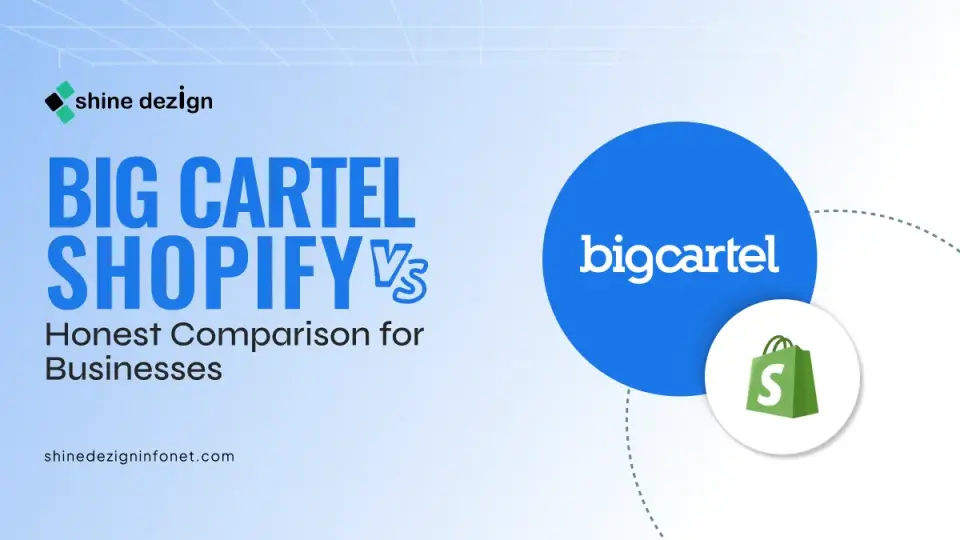
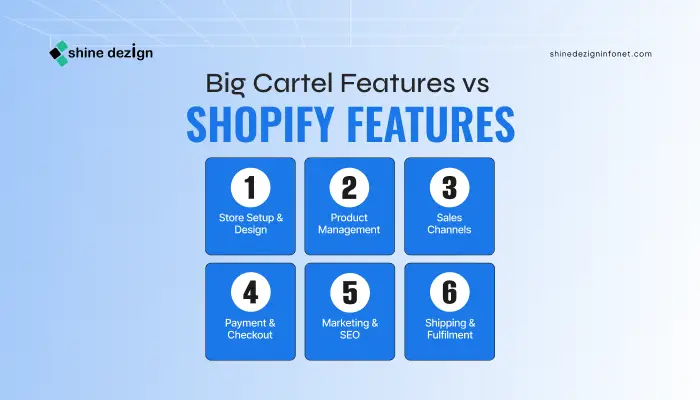
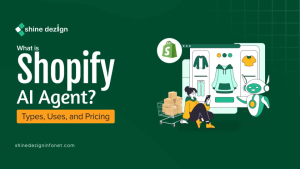

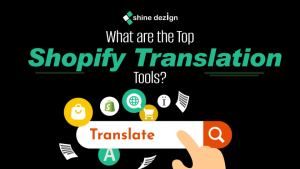











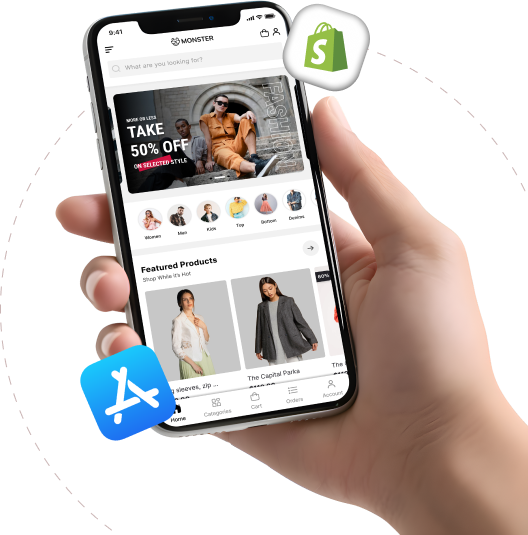
One reply on “Big Cartel vs Shopify: Honest Comparison for 2026 Businesses”
Hi there to every body, it’s my first pay a visit of this weblog; this website
consists of awesome and genuinely fine data for visitors.